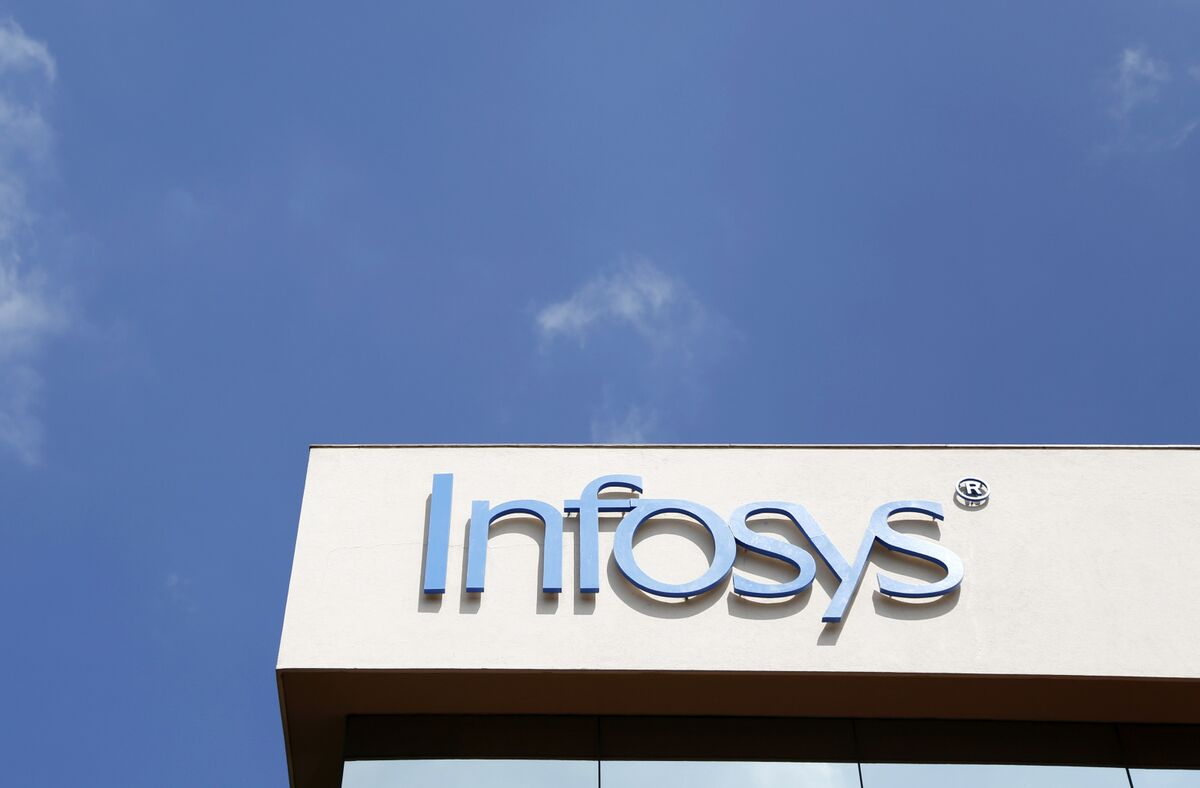India’s information technology (IT) sector, one of the worst-performing industries this year, is unlikely to see a strong recovery in fiscal 2026, according to analysts. The outlook remains uncertain, following recent warnings from Accenture, the world’s largest IT services firm, which cited weak discretionary spending and lackluster demand from its clients.
Accenture’s quarterly report flagged that client budgets remained flat, with little growth in discretionary project spending. The company also noted that global trade tensions, exacerbated by new U.S. tariffs, have further dampened prospects in the United States, a key market for Indian IT firms.
Amit Chandra from HDFC Securities noted that the last few months have heightened uncertainty about the first half of fiscal 2026 and how this will affect the overall recovery rate for the year. As of now, India’s IT index has dropped 15.3%, marking its worst performance since June 2022. Major firms such as TCS, Wipro, Infosys, and HCLTech have seen losses ranging from 11.2% to 18.1% this year.
Analysts from Kotak Institutional Equities warned that a soft recovery in demand and fewer mega deals in fiscal 2025 will result in slower revenue growth in fiscal 2026 for Indian IT companies. The impact of early-stage adoption of generative AI is also expected to present challenges, they added.
Research from Citi and Morgan Stanley forecast modest growth, with Citi estimating 4% revenue growth for IT companies in fiscal 2026, similar to fiscal 2025, and Morgan Stanley highlighting subdued client spending as a key factor limiting growth. However, sectors like banking, financial services, insurance (BFSI), and healthcare have shown some signs of recovery, although many clients are currently in a “wait-and-watch mode,” potentially leading to further reductions in spending.
Accenture’s report also indicated that U.S. clients have delayed or canceled new contracts, partly due to the Trump administration’s policies, which could increase competitive pressures in other segments, despite Indian IT companies having limited exposure to these delays.


















